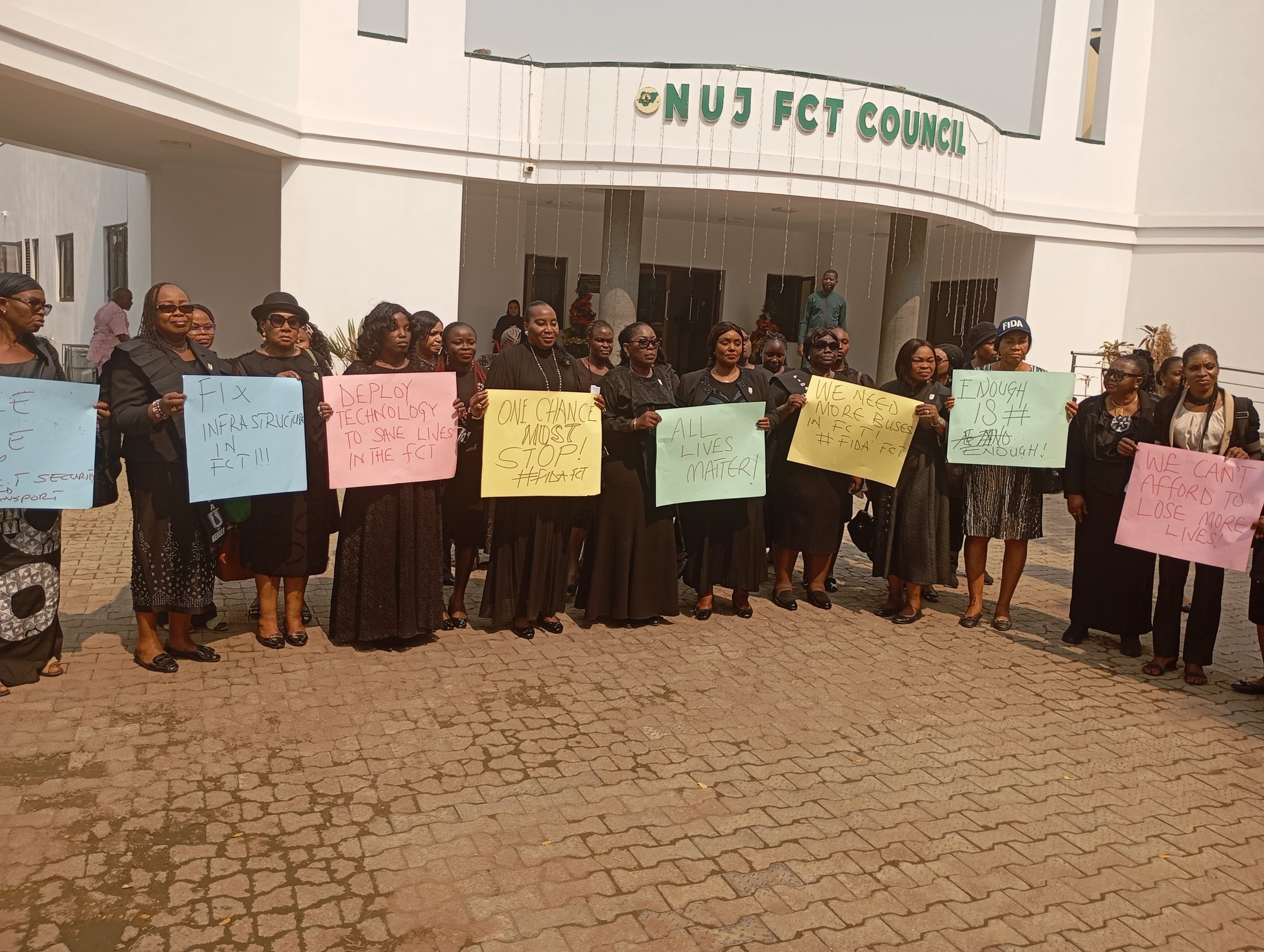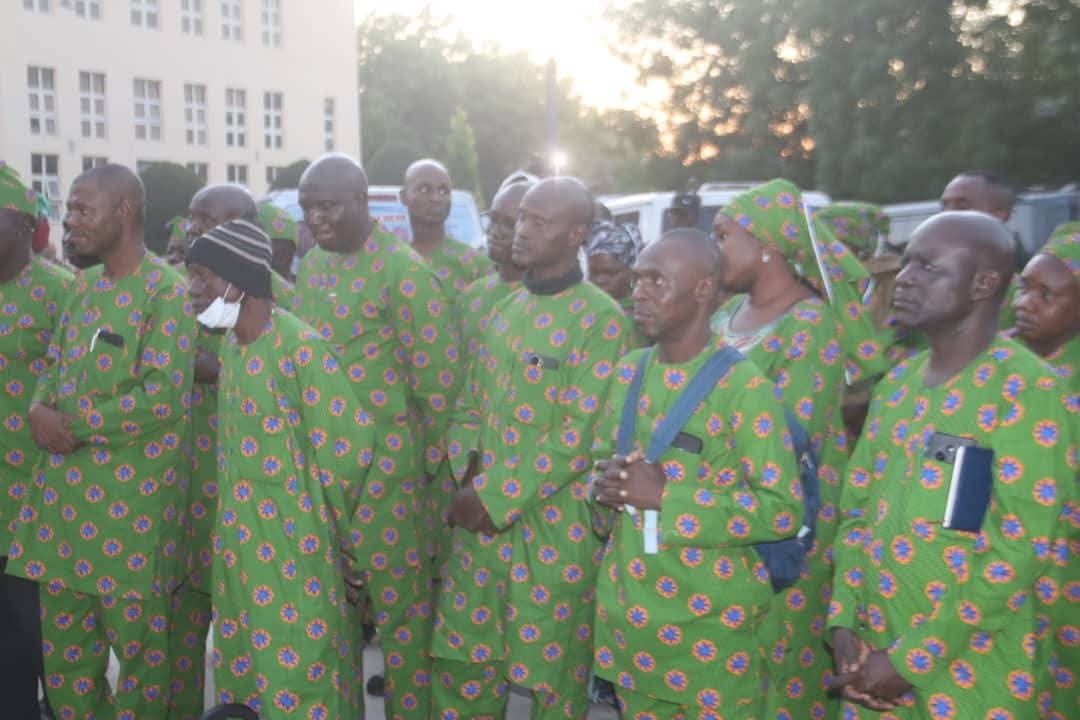Nigeria is currently reviewing its legislation, building its capacities, and implementing community-based programmes to rescue children trapped in forced labour.
Addressing the plenary of the ongoing International Labour Conference (ILC) organised by the International Labour Organisation (ILO) in Geneva, Switzerland, the Minister of Labour and Employment, Dr Muhammad Maigari, lamented the adverse effects of child and forced labour on vulnerable people.
He said: “Nigeria, as a Pathfinder Country under Alliance 8.7 is intensifying efforts to eliminate child labour and forced labour. We are reviewing national legislation, building capacities of partners, strengthening institutions and implementing community-based programmes to rescue and rehabilitate vulnerable children.”
According to the minister, sustainable development hinges on inclusive economic growth, fair labour practices, and robust democratic institutions.
The report of the Director General of ILO, Gilbert Houngbo, had drawn attention to current realities in the world of work, underpinned by global socio-economic, cultural and technological transformations that threaten the once-secured traditional jobs and livelihood of workers.
The minister stated that the observations in the report pointed to the realities that had blurred the lines that clearly demarcated the dynamics of work as previously known.
Maigari stressed that the priorities set by the government aimed at building a more just and equitable society that is an essential and critical component for national growth and development; as well as laying a springboard for international integration.
Stressing the importance of digital skills for workers in the workplace, Maigari hinted that Nigeria had scaled investments in digital economy, infrastructure and ICT training through initiatives such as the National Digital Literacy Framework, adding that the efforts were geared towards ensuring that youths and workers were equipped for jobs of the future.
As the plenary discussed the platform economy with a view to taking a position on the emerging sector, Maigari said Nigeria looked forward to the outcome of the standard-setting discussion on the Platform Economy during the conference.
According to him, Nigeria is persuaded that tripartism is an essential principle for lasting industrial peace and harmony.
He pledged Nigeria’s willingness to contribute to the strategies and discussions in the various committees designed to close the rising gap of inequality, devastating impact of climate change, widening technological threats, geographical insecurity and instability, increasing high cost of living and trust deficit in institutions of governance.






